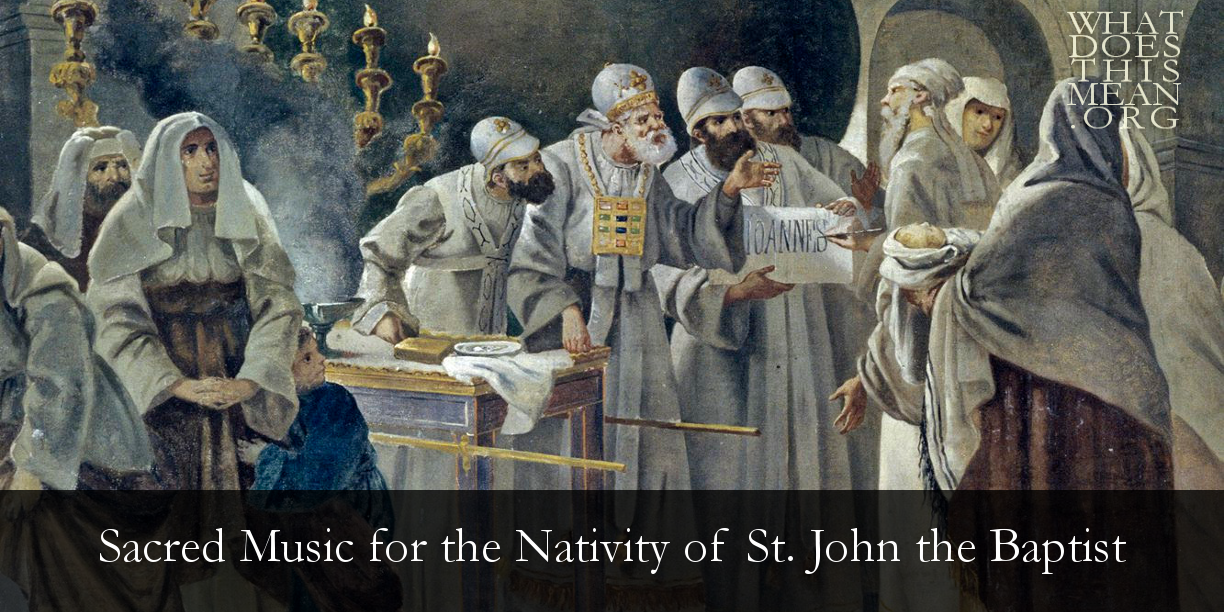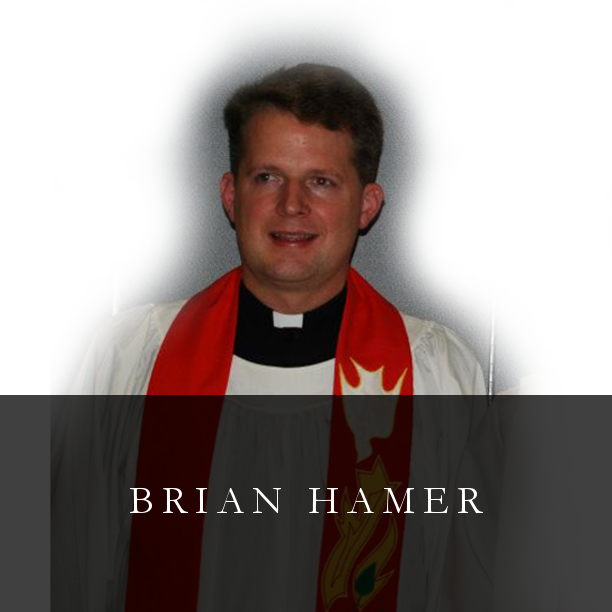The language of the Benedictus is that of a Psalm of jubilation, beginning with a common Old Testament formula, “Blessed be the Lord God of Israel.” Why is the Lord alone to be blessed? In the words of Paul Westermeyer: “Because this God visits and redeems the people, saves them from the enemies, sets them free, makes a covenant so the people can worship . . . .” (Te Deum: The Church and Music, p. 46)
Tyler Arnold describes how God blesses His people through the incarnation:
| He does this in no uncertain terms—not in general but in a particular moment in history through the remembering of a covenant oath that God swore to Abraham. In blessed jubilation, Zechariah sings his elation by calling all to remembrance that God has previously addressed the topic of redemption with his people (ἐποίησεν λύτρωσιν—aorist active indicative; literally, the Lord “wrought” redemption). He did this by making a literal appearance to help (ἐπεσκέψατο — aorist middle indicative) and, in so doing, looks after his precious children. All this is predicated on his promise of salvation. (Logia XXIX:2, p. 8) |
| Blessed be the Lord God of Israel : for he hath visited, and redeemed his people; And hath raised up a mighty salvation for us : in the house of his servant David; As he spake by the mouth of his holy Prophets : which have been since the world began; That we should be saved from our enemies : and from the hands of all that hate us; To perform the mercy promised to our forefathers : and to remember his holy Covenant; To perform the oath which he sware to our forefather Abraham : that he would give us; That we being delivered out of the hands of our enemies : might serve him without fear; In holiness and righteousness before him : all the days of our life. And thou, Child, shalt be called the Prophet of the Highest : for thou shalt go before the face of the Lord to prepare his ways; To give knowledge of salvation unto his people : for the remission of their sins, Through the tender mercy of our God : whereby the day-spring from on high hath visited us; To give light to them that sit in darkness, and in the shadow of death : and to guide our feet into the way of peace. Glory be to the Father. . . . |
In the context of the public liturgy, the Benedictus has found a lasting place at Lauds (Roman Catholic), Morning Prayer (Anglican), and as the Canticle at Matins (Lutheran). Here the faithful join Zechariah to bless the Lord, to remember His mighty works of salvation, and to give thanks for John, the Forerunner of the Lord. Again, from Tyler Arnold:
| All the main verbs in the Benedictus are oriented toward the future, which not only lends itself to an eschatological hope for the sake of the church today but also shows how this psalm can be articulated catechetically. The Old Testament gives the hearer knowledge of the mighty acts of the past while the New Testament demonstrates the acts of fulfillment through John’s proclamation and, ultimately, the work of Jesus. Essentially the Benedictus arrives full circle as it eloquently brings the promises of the past into the present age with a view of what God promises in the future. (Logia XXIX:2, p. 8) |



 RSS Feed
RSS Feed
